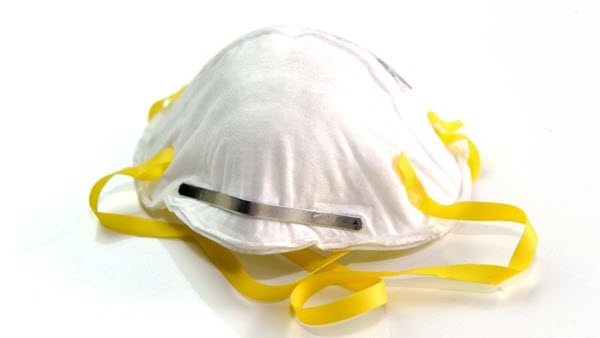The United States Environmental Protection Agency (EPA)
just announced a temporary enforcement discretion policy as a result of the COVID-19 pandemic.
The new policy is not, we repeat, IS NOT a repeal of existing environmental regulations that would allow regulated industries and other entities carte blanche to operate their equipment and processes in violation of their permits and regulations.
Several news outlets have reported otherwise, including statements from former EPA employees that are flat out wrong and totally misrepresent what EPA has done.
What the policy does do, however, is relax civil penalties in the event that an operator cannot meet certain monitoring, record-keeping, storage, operational, and other requirements during the pandemic. In order to utilize this policy, the operator must do the best it can to continue operating in compliance AND it must demonstrate and document legitimate reasons related to COVID-19 that caused it to operate out of compliance.
One such example would be a requirement to conduct quarterly or yearly source testing by a certain date or frequency. Most companies are required as part of their permits to utilize third-party, independent testing companies to perform these and other tests. If during the pandemic, the testing lab closed down or was otherwise unable to provide its employees to perform the test, the affected company would find itself technically in non-compliance with environmental regulations, EVEN THOUGH THE EQUIPMENT THAT NEEDED TO BE TESTED WAS OPERATING NORMALLY AND IN COMPLIANCE WITH ITS EMISSION LIMITS.
"EPA is committed to protecting human health and the environment, but recognizes challenges resulting from efforts to protect workers and the public from COVID-19 may directly impact the ability of regulated facilities to meet all federal regulatory requirements," said EPA Administrator Andrew Wheeler. "This temporary policy is designed to provide enforcement discretion under the current, extraordinary conditions, while ensuring facility operations continue to protect human health and the environment."
For a complete explanation of what EPA has done, please check the following links:
EPA Announces Enforcement Discretion Policy for COVID-19 Pandemic



